$13m a day: Organised criminals’ tobacco wars exposed
Illicit tobacco has reignited Melbourne’s gangland war as Sam “The Punisher” Abdulrahim was killed. With Kazem Hamad allegedly in control, the bloodshed has spread to Sydney. This is what’s at stake.
True Crime
Don't miss out on the headlines from True Crime. Followed categories will be added to My News.
Exclusive: Organised crime groups are making $13 million a day from Australia’s illicit tobacco addiction, as criminals are “vying for control of that lucrative market.”
The Australian Criminal Intelligence Commission has sounded an alarm about the illegal industry, which has been linked to daylight executions and firebombings of dodgy tobacco shops.
In an extremely rare interview, ACIC chief executive Heather Cook has spoken about the dangers being posed by organised crime in Australia.
Ms Cook also warned Australians have become complacent about the threat of organised crime, which was costing the nation’s economy $68.7 billion a year – more than the Federal Government’s entire defence budget.
The former high ranking Australian spook detailed her concerns in an exclusive face-to-face interview, her first since taking on the role as head of the ACIC more than 12 months ago.
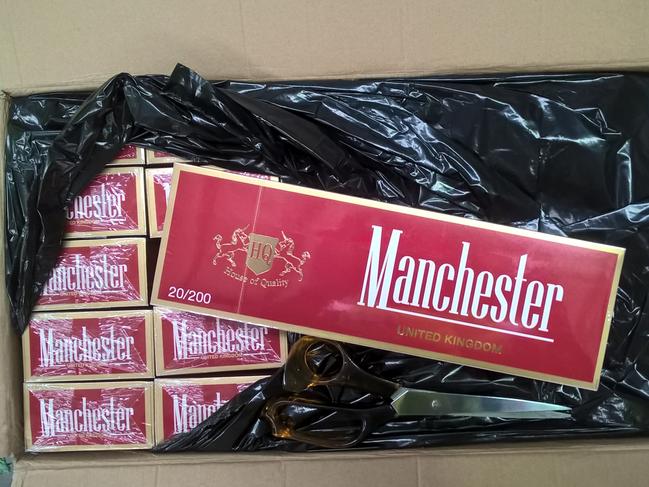
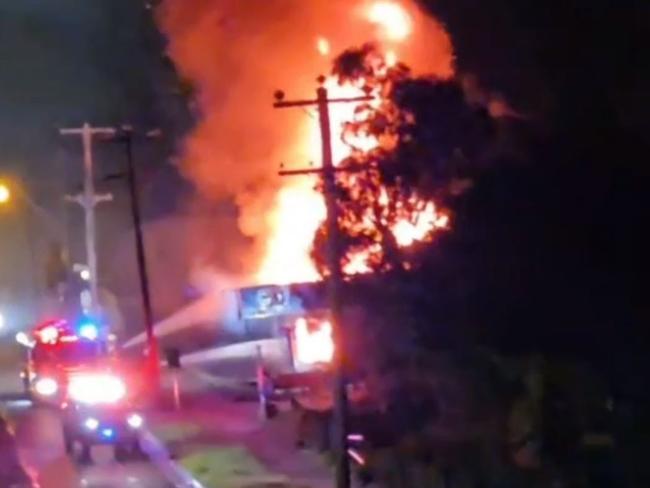
Ms Cook said the illicit tobacco market was becoming a national problem.
“It’s clearly highly lucrative and it is probably perceived (by criminals) as lower risk than, say, movement of illicit drugs,” she said.
“We are seeing (criminals) vying for control of that lucrative market, playing into some of the violence and dangerous behaviour associated with it as well which makes it more clearly not a victimless crime.”

Ms Cook, a Canadian who spent three decades at Australia’s spy agency the Australian Security Intelligence Organisation, including seven years as Deputy Director-General, said she was concerned about the illicit tobacco trade.
“This is impacting communities. Nobody feels comfortable about shops being (subject to) arson attacks,” she said.
“We know that the market is definitely moving. It’s a national problem and it’s being treated as such by ourselves and our partners.”
The illicit tobacco industry has skyrocketed since 2016, with seizures at the border increasing tenfold – from $359 million to $3.5 billion in 2022/23.
As many as 414,000 Australians now smoke illegal cigarettes, which cost around $20 a packet compared with up to $60 for cigarettes purchased legally.
The total value of the illicit tobacco industry is estimated to be more than $4.7 billion a year, or $13 million a day.
Illegal tobacco, most commonly Manchester cigarettes from Dubai and Double Happiness branded packets imported from China, now make up one in every five cigarettes smoked in Australia.
The Australian Taxation Office estimated it has been losing $2.7 billion a year in revenue because of the illicit tobacco trade.
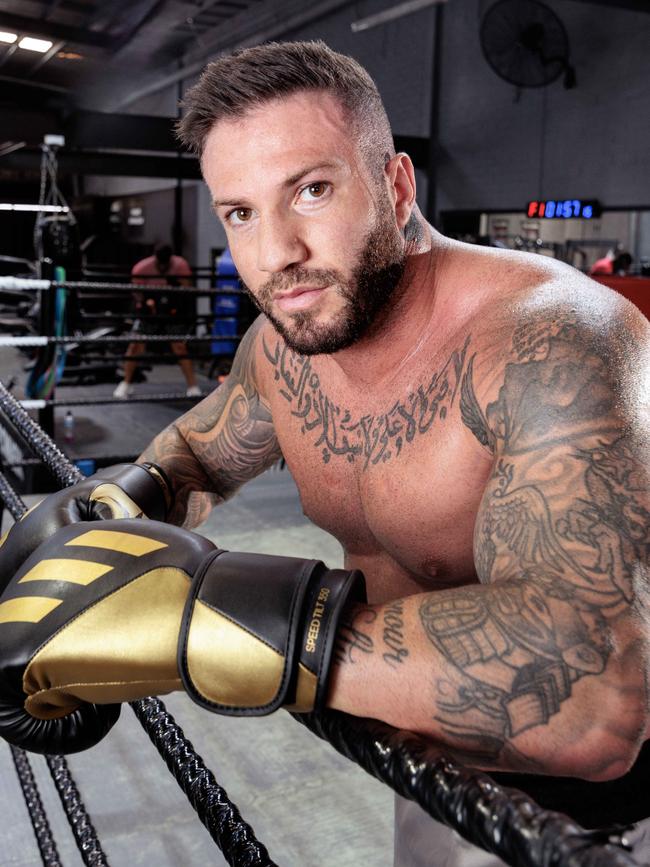
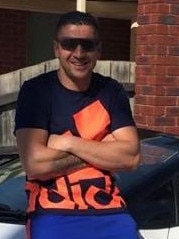
The cigarette black market has become the scene of a gangland war in Melbourne, with Sam “The Punisher” Abdulrahim gunned down last month in broad daylight.
The trade has been allegedly controlled by convicted heroin trafficker Kazem Hamad, who has been accused in court of ordering firebombings from his base in Iraq.
The bloodshed has spread to Sydney, with a man’s toe cut off during a botched bid to steal more than one tonne of illegal tobacco in January.
Ms Cook said illicit tobacco and drug importers use “malicious insiders” or “doors” to enable their criminal activity. These insiders provide criminal networks with information to breach Australia’s borders.
“It requires insiders, malicious insiders, people who are prepared to enable the crime to succeed at our borders in the transportation sector and to assist in laundering and moving their money so it has to be a big focus for ourselves and for our law enforcement partners to be finding out where those doors are, where those individuals are, how are they being enabled,” Ms Cook said.
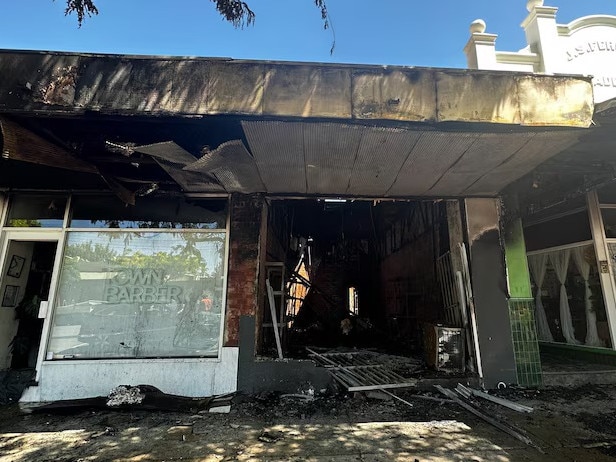
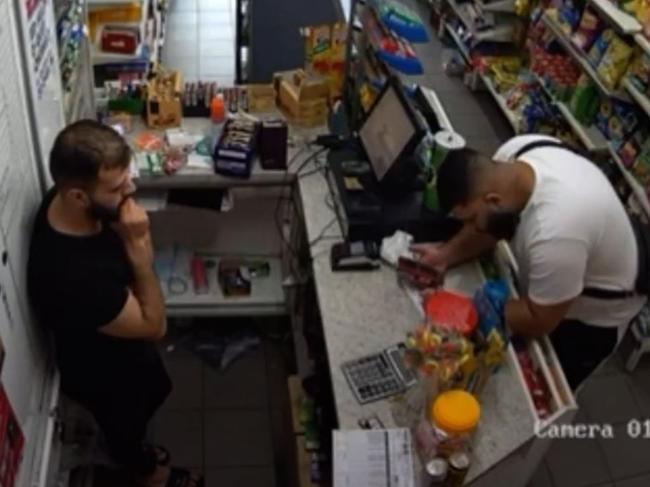
Australia will introduce new anti-money laundering counter-terrorism financing (AML/CTF) laws, known as “tranche 2”, which had been floated for almost two decades but were finally passed late in 2024.
“The AML/CTF tranche two reforms due to come into effect in March will be quite important. And again, it demonstrates how crime is manifesting and how professional facilitation is a key part of their business model and ability to succeed,” Ms Cook said.
“Lawyers, accountants, real estate, the gambling sector are key sectors in terms of how they’re (criminals) are laundering their money.”
Ms Cook’s interview proactively outlining the threats of organised crime marks a departure from previous practice at the ACIC, with the agency at a “pivotal moment”.
“I think it is important to be talking about this (transnational) crime. It’s not victimless, there’s a tendency to perceive it as somehow victimless,” she said.
The ACIC put out a report in December which revealed the cost of organised crime to Australia was $68.7 billion each year.
“That’s money that could be very much used to better reinvest and help strengthen our defences and resources,” Ms Cook said.
“We are in a period of increasing global instability and uncertainty. Australia and our near region are facing strategic challenges and we need to work very closely with our neighbours to remain strong, prosperous and peaceful. There are a lot of challenges ahead and we play an important part in making sure Australia and our regional partners are as resistant and resilient to transnational serious and organised crime as possible.”
More Coverage
Originally published as $13m a day: Organised criminals’ tobacco wars exposed





